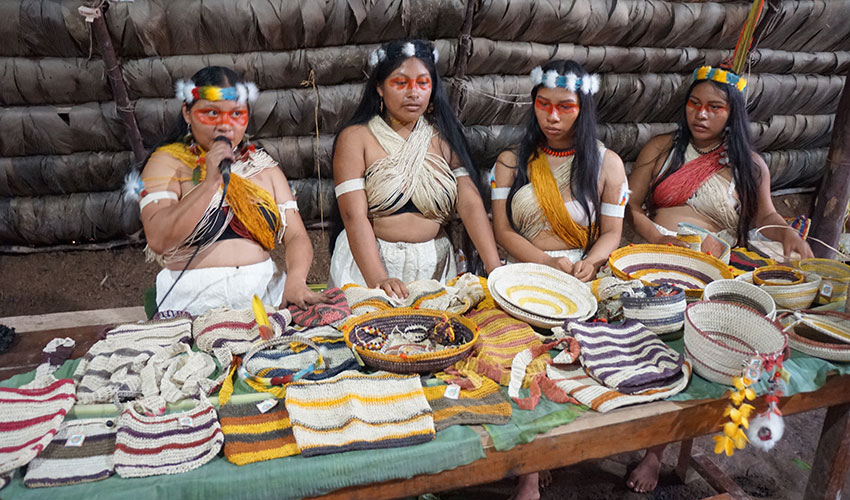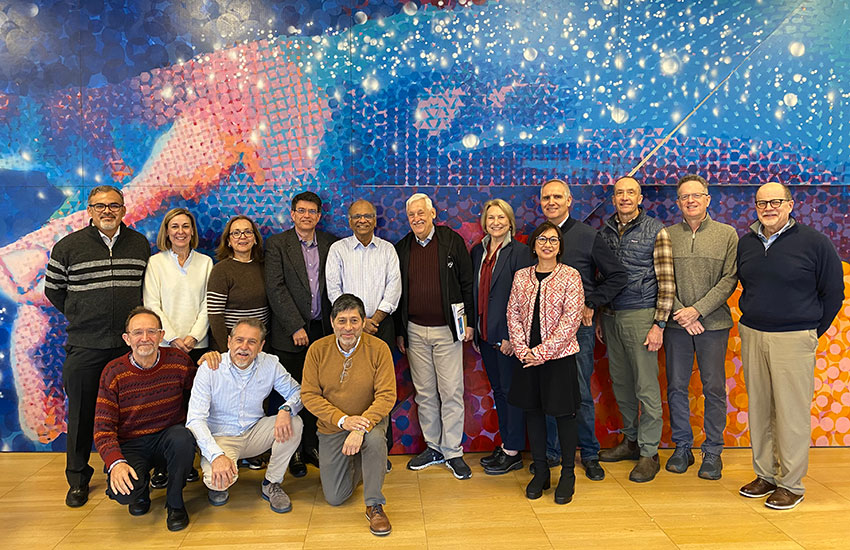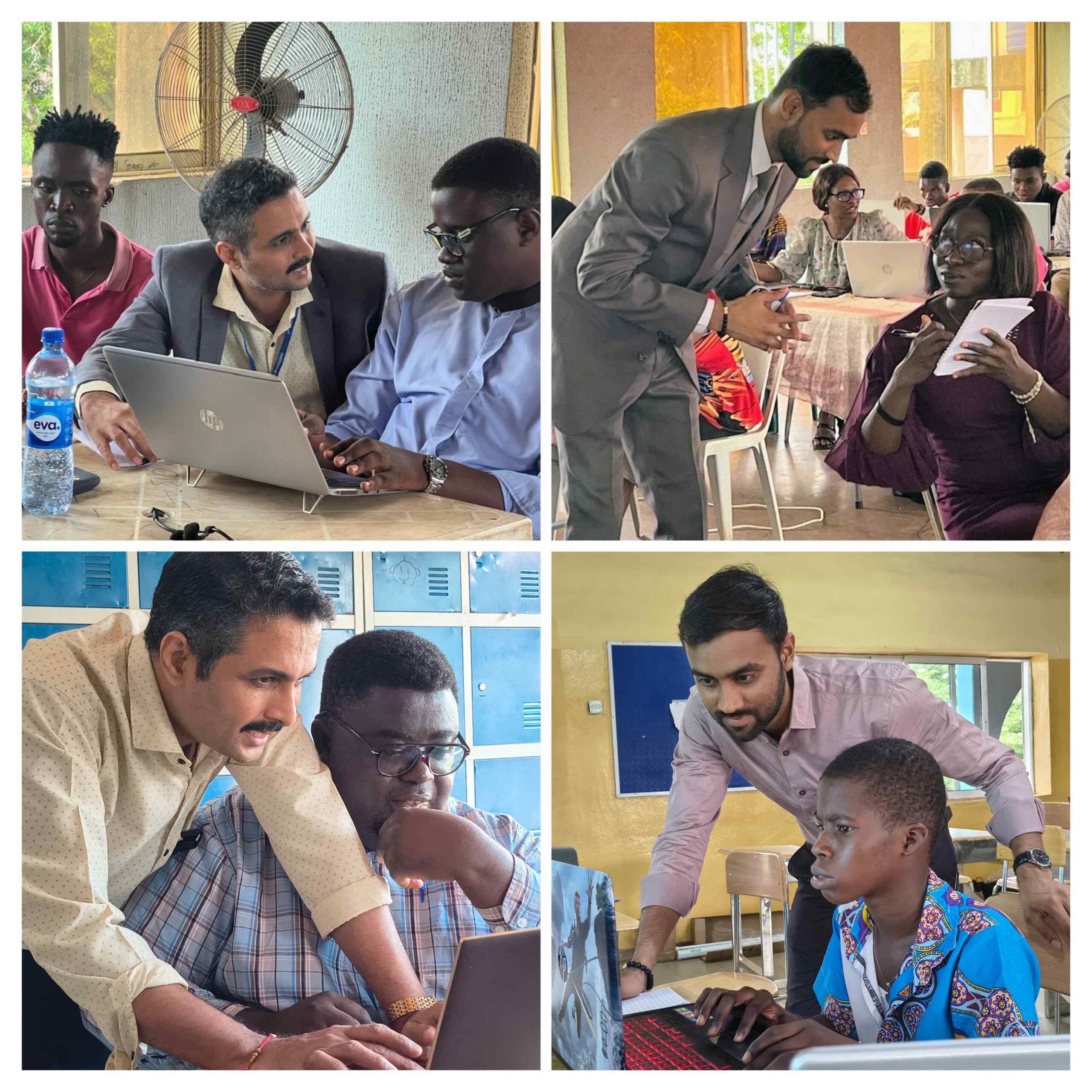Forming Waorani women as guardians of the Amazon rainforest
Article originally published in Jesuits.Global, also available in Spanish, French and Italian.
“We’re here today to prove how we Waorani can stand up for ourselves, that a Waorani is capable of studying and going ahead”, said Laura, a graduate of the Ecotourism programme, during her graduation speech. “For us, studying means continuing the fight for our rights to life and freedom, and the quest to maintain our identity.”
Dikaro is her home, a village situated in Yasuní National Park (Ecuadorian Amazon) – one of the most biologically diverse places on Earth, as well as the hearth of her people, the Waorani. They are known as warriors but also for their vast knowledge of the surrounding flora and fauna, of which they are the guardians.
But the Waorani and the rainforest have been under threat for decades, for the area is not only rich in biodiversity but also in oil reserves. Deforestation, drilling, extraction and related activities are ravaging the ecosystem, threatening Waorani land, culture and way of life. “I was inspired to learn more. I wanted to continue my studies, as well as to defend my territory, caring for the environment while also supporting the development of the community”, said Magaly, a fellow graduate of the programme Dikaro.
Raising awareness of what’s happening and advocating for the protection of their environment and their rights has often been a challenge, including due to language barriers (Spanish and/or English) which hinder their ability to voice their concerns at local, national, and international levels. Language barriers also mean less opportunities to pursue higher education (both Spanish and English are required for university studies), through which they’d be able to fulfil their potential and goals.
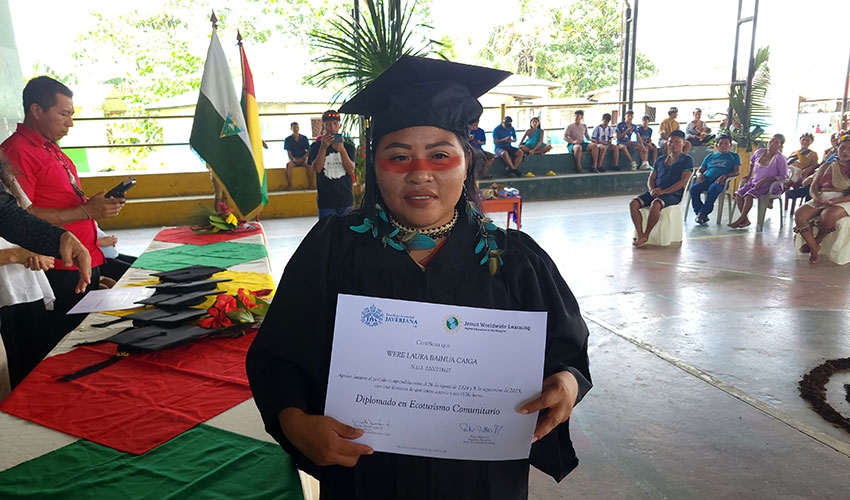
Laura, a graduate of the Ecotourism programme. (© JWL)
Overcoming barriers to higher education
Through Jesuit Worldwide Learning (JWL), in collaboration with the Lauritas Sisters, the Waorani community in Dikaro has access to relevant blended learning higher education opportunities, as well the Global English Language programme, a steppingstone facilitating access to higher education, greater employment opportunities, and a tool to communicate with peers the world over.
Laura and Magaly are among four Waorani young women who graduated from the Ecotourism programme in October 2025. This six-month short-cycle tertiary programme, accredited (in Spanish) by the Pontificia Universidad Javeriana Cali, is designed to address the needs of communities all over the world to promote responsible tourism that allows the generation of income, while preserving the community’s fragile resources.
Knowledge, confidence, leadership, and digital literacy
“It has given me more confidence in myself”, said Laura, sharing her experience of the Ecotourism programme. “I went from being someone who had only finished secondary school to pushing myself to continue studying at university. I am more capable because of what I have learned, and I have gained leadership in my community.”
Magali relates a similar experience: “It helped me transform and develop a lot. For my part, I have been learning how to use the platform to upload pages, or post on social media, and I am also preparing myself to study more by learning how to use the platform.” Programme participants access learning materials and submit assignments through JWL’s learning platform (which works both on and offline, offering greater flexibility for learners in low connectivity settings). In keeping with the blended learning model, learners have onsite support and gather for in-person discussion but also interact with online faculty and peers through the global virtual classroom, sparking opportunities for intercultural exchanges with faculty and peers from different locations.
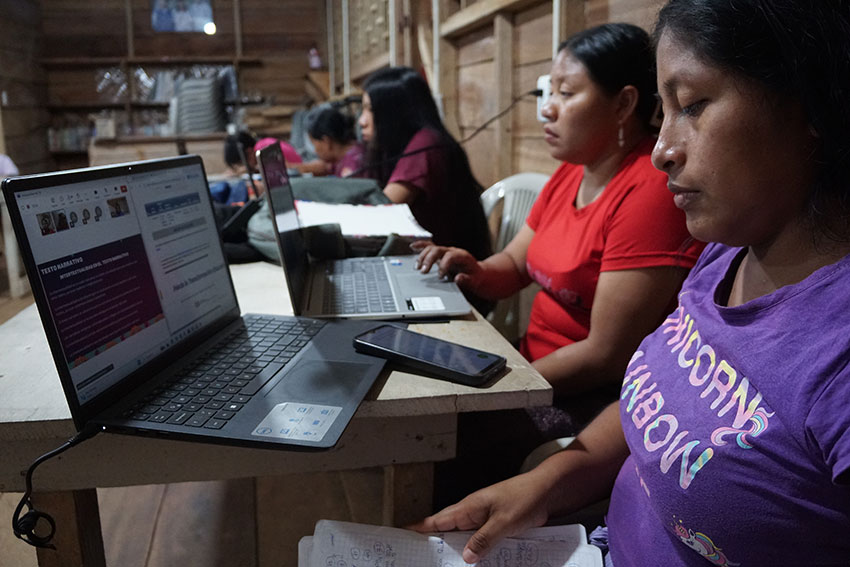
Students at the community learning centre. (© JWL)
Caring for environment and community: From theory to practice
“I feel incredibly energised. It’s an achievement. Graduation wasn’t the end, but rather the beginning of the next step – to put into practice all that I’ve learnt”, shared Laura.
Laura and Magaly’s learning journey continues, as both young women have successfully enrolled in an online university programme in ‘Community Communication and New Communications Technology’. “My goal”, shared Magaly, “is to defend our cultures as a Waorani woman, using digital tools that will allow us to share our knowledge, promote our culture, and support small initiatives such as ecotourism.”
They’ve also moved from theory to practice, as both (along with two other graduates) are part of a group of Waorani young women working to develop an ecolodge in Dikaro. Through this initiative, they plan to invite visitors to learn about the rainforest and Waorani culture while generating an income to support women in the community, as well as to sustain and develop the community – in a responsible way. “As a group of women”, said Laura, “we want to maintain and preserve our culture, defend our territory from the threats of pollution, and find means of economic development without affecting our territory and our culture.”
